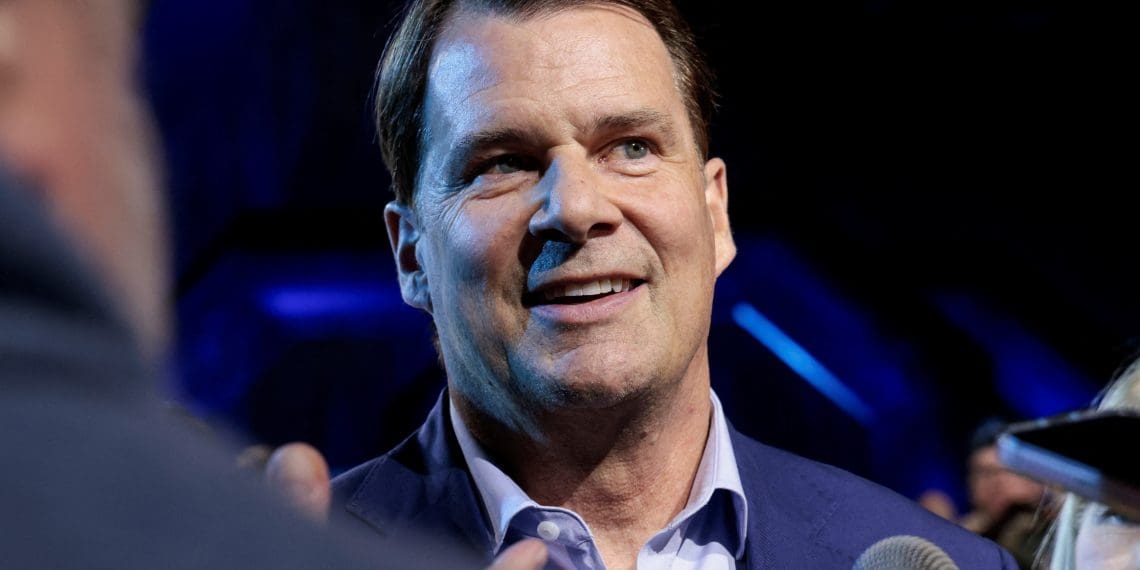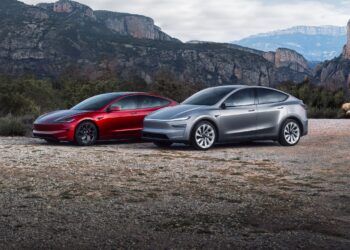Earlier this week, the Trump administration imposed—then swiftly rescinded—a 25-percent tariff on imports from Mexico and Canada. While the issue will be revisited in a month, financial analysts unanimously agree that prolonged tariffs could cause major disruptions across several US industries.
Ford’s Take on Potential Tariffs
During Ford’s Q4 2024 financial conference call, CEO Jim Farley echoed concerns about the potential damage tariffs could inflict on the automotive sector. While Ford could withstand a few weeks of increased tariffs, anything beyond that would create significant economic turmoil.
“There’s no question that tariffs at the 25 percent level with Canada and Mexico, if they’re protracted, would have a huge impact on our industry,” Farley said. “Billions of dollars in industry profit would be wiped out, leading to adverse effects on US jobs and the entire supply chain. Tariffs would also mean higher prices for customers.”
Ford’s Financial Performance in 2024
Despite looming economic concerns, Ford reported strong full-year financial results for 2024, with revenue climbing to $185 billion and net income reaching $5.9 billion. Farley specifically highlighted Ford Pro, the company’s commercial-focused division, as a standout performer. He also pointed to smaller vans and trucks like the Ford Maverick as key growth areas.
Tariffs Could Threaten Ford’s Supply Chain
The potential for tariffs is particularly concerning for Ford’s Maverick, which is manufactured in Mexico. Ford—and all US-based automakers—depend on an intricate supply chain that has been in place for nearly a century. Any disruption could have far-reaching consequences.
However, Farley remains cautiously optimistic regarding the future of tariffs.
“We believe, based on our conversations in DC with the Trump administration and congressional leaders, that they are committed to strengthening—not weakening—our nation’s auto industry,” he stated. “That is certainly our expectation.”
Regulations, Electrification, and Global Competition
Tariffs aren’t the only challenge automakers face. The new administration’s stance on vehicle emissions regulations and electrification remains uncertain, adding another layer of unpredictability to the industry.
Farley also acknowledged the increasing competitiveness of Chinese automakers, admitting they are producing high-quality vehicles. After test-driving a Chinese-made car, he conceded, “They’re building great cars.”
Ford’s Resilience Amid Uncertainty
Despite these challenges, Farley remains confident in Ford’s ability to navigate the shifting landscape.
“While we are certainly operating in interesting times, at the end of the day, we control our destiny,” he affirmed.










